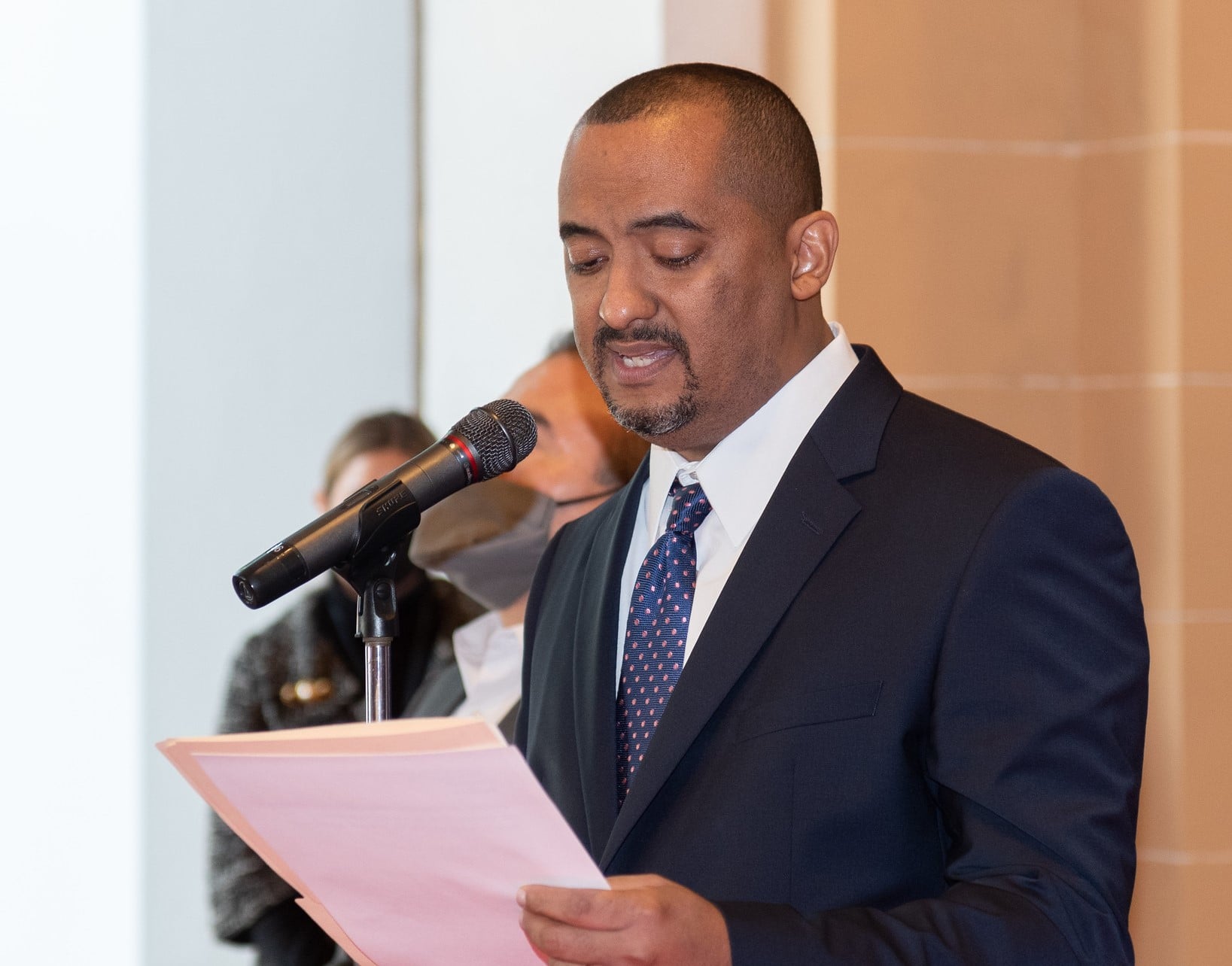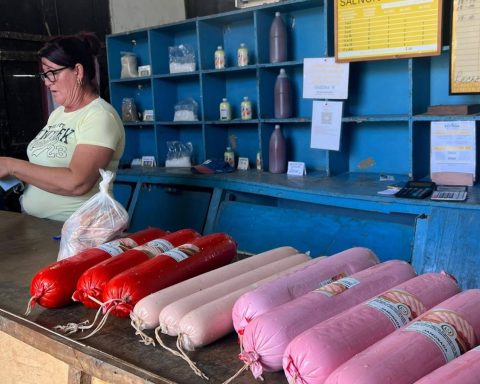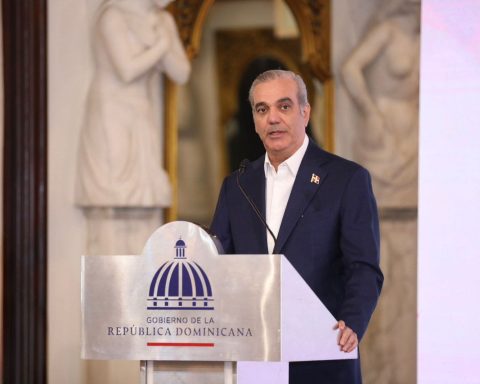When the Nicaraguan ambassador to the Organization of American States (OAS), Arturo McFields, denounced on Wednesday, March 23, the dictatorship of Daniel Ortega for human rights violations, in the Permanent Council of the international organization, surprised thousands of state workers who preferred caution to expressions of joy.
“We are encalichados, in other conditions we would go out to the street,” said a worker in the education sector. For her, McFields’ speech caught the attention of a sector that for years has denounced being the object of surveillance, political pressure and humiliations from the most radical sympathizers of the regime.
Another worker from the Ministry of Finance explained that they have been resigned for a long time to being in a situation of darkness and fear, so the diplomat’s approach gave “a light in the middle of that tunnel.” We hope that others make the decision (and denounce) ”, he encouraged.
McFields said that he could not “defend the indefensible” when discovering the situation in which the political prisoners and the thousands of public servants who are forced by the dictatorship to pretend, fill vacancies and repeat slogans find themselves because if they do not, they lose their job.
According to 2020 statistics, cited by Vice President Rosario Murillo in one of her midday speeches, there are at least 150,000 people in Nicaragua who earn their living in the state. Although some sympathize with Ortega, another party has for years told independent journalists, on condition of anonymity, that they feel hostage to the party in power.
“Denouncing the dictatorship of my country is not easy, but continuing to remain silent and defending the indefensible is impossible,” the ambassador assured in his speech, in which he also affirmed that Nicaragua is the only place where there are no printed newspapers, there are no human rights organizations, no independent political parties, no separation of power, no credible elections.
The diplomat’s words stunned Ligia Gómez, spokeswoman for the independent Urnas Abiertas, an organization that denounced precisely the irregularities in the electoral process, which allowed Ortega to be re-elected without electoral competition after imprisoning the opposition leadership and intensifying the repression.
? This is not the first time that a state worker raises his voice in favor of the truth, but it is the first time that a representative of the country, designated Daniel Ortega, breaks the silence before an international forum such as the Permanent Council of the #OAS pic.twitter.com/OBzrQIfaA1
— Open Ballot Boxes (@Open Ballot Boxes) March 23, 2022
The economist is a former manager of Economic Research at the Central Bank of Nicaragua and former secretary of the Sandinista Leadership Council at that institution. She denounced on September 27, 2018 before the United States Congress that Vice President Rosario Murillo gave the order “let’s go with everything” against opponents who demonstrated by the thousands in the streets, which resulted in a brutal repression that left at least 355 dead between April 18 of that year and July 31, 2019.
Surveillance and subjected to humiliation
“The fact that McFields explains that people are tired is because they are put under a lot of pressure. Apart from the fact that you have your job, they make you see how they are doing you a favor and they are the owners of the money. The relationship that is established (with the public employee) is very humiliating. It is not professional. When this type of thing happens: their controls and the pressure against them increase,” Gómez assured.
An official, who asked that the institution in which she works not even be identified, commented that this is a reality and that surely the Ortega supporters will be “eyeing Christ”, especially this year when municipal elections are planned and the visits have already begun. house to house to sound out how the population thinks.
In an interview with Tonight TV showafter his appearance at the OAS, McFields He reiterated the difficult situation of those who belong to the State and think differently from the FSLN. “Psychological warfare being inside is more difficult than you think. There are people who have resigned from their position five times, then come back, later regret it, because they have a tremendous moral and spiritual conflict,” said the diplomat.
According to Gómez, political control over state workers is exercised by drawing up lists of those who have spoken out on the McFields issue—whether on social media or in person. They also do it through the “ears” as informers are known, according to an official from the Ministry of Creative Economy.
These partisan political surveillance groups are active at this time, according to this same official, because they are making house-to-house visits in the context of this year’s municipal elections, trying to find out what the population thinks of the country’s reality.
“State workers avoid saying things in public and express themselves in very small groups, among friends, they only speak among those who trust them,” Gómez explained.
Another state employee reported that on March 23, many looked at each other with complicity when listening to McFields, but someone said that it would be better to keep quiet, because they might fire us and send us home “without severance pay.” “We little puchitos, who are the majority, were not laughing with happiness, but we only made signs and glances at each other, that’s how we prefer to stay,” he added.
From the health sector, another worker agreed that the reactions in general were minimal, given the fear that prevails in the State, even from the “sapos” – faithful to Ortega – who remain silent, because they are hurt by the news impact of McFields’ complaint.
Gómez expressed that the script from power will be the same as in previous cases: a smear campaign with false accusations, among them that the official received a payment from the United States. That coupled with silence at the highest level and other dependencies of the executive branch. Ortega participated, for example, in a brief public act that March 23, but ignored to McFields.
For the former Central Bank official, public employees would be “disappointed” if nothing happened with the international community, because there is an expectation that they press harder and not just limit themselves to congratulating the ambassador.
















